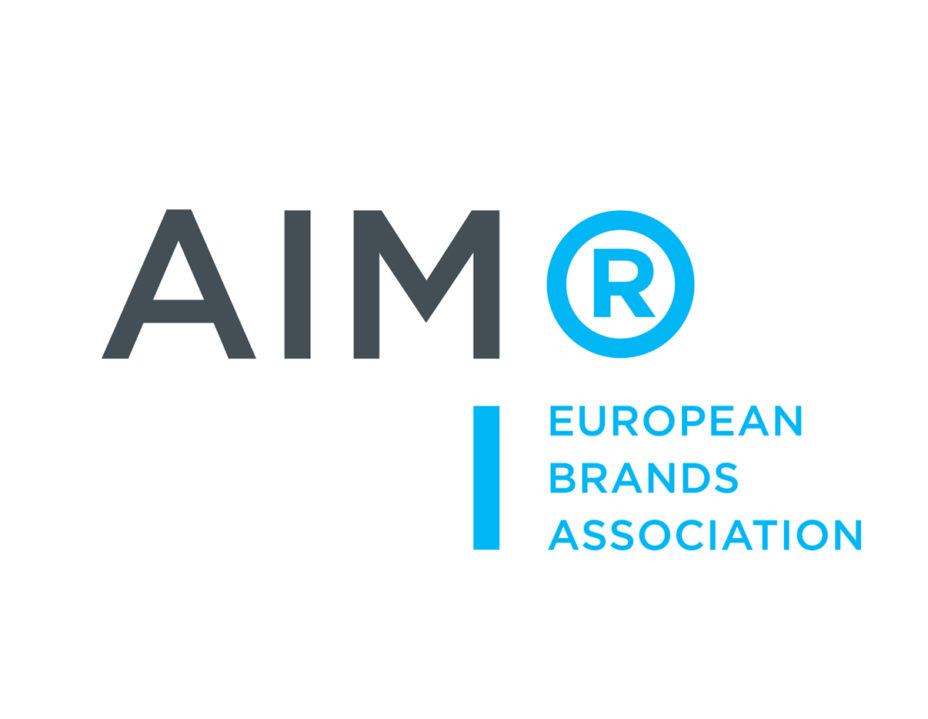
News & positions
AIM publishes statement on Council general approach for Digital Services Act
Brussels, 23 November 2021 – AIM, the European Brands Association, welcomes the pro-consumer direction of Coreper last Wednesday 17th November to the Slovenian Presidency’s approach for the Digital Services Act (DSA), paving the way for its adoption by the Competitiveness Council this week.
Several changes made to the Slovenian Presidency’s draft Council general approach to the Commission’s DSA proposal are most welcome, notably:
- The addition in the Council’s text of the reference “what is illegal offline should also be illegal online,” acknowledging the importance for European consumers and businesses to be protected equally on- and offline against rogue traders and (illegal) unfair competition;
- The deletion of the requirement to represent collective interests in Article 19, §2, (b) allowing individual brand owners to apply for trusted flaggers status, since they alone can authenticate their products. “The claim that there must be a limit on the number of trusted flaggers because platforms would otherwise be swamped with brand owners’ notices does not hold water – platforms will only be swamped with notices if they are swamped with illegal goods – the answer is not to stick your head in the sand,” observes Michelle Gibbons, Director-General of AIM. Concerns about potential misuses or abuses of this system by brand owners are, moreover, unwarranted as the Council’s text provides for necessary safeguards against this (such as an appeal mechanism and sanctions);
- The addition of a right to consumer information in a new Article 24c obliging platforms to inform consumers who have purchased illegal goods which have been subsequently removed from sale.
AIM therefore calls on members of the European Parliament’s Internal Market (IMCO) Committee – the lead parliamentary committee on this file – to incorporate those changes into their report which they will adopt in early December.
In order to maintain a pro-consumer approach, however, AIM has some reservations, on some changes introduced or elements retained in the draft Council general approach. AIM therefore urges IMCO members to disregard in their report the following:
- The recommended 24-hour take down time limit to remove illegal content upon obtaining knowledge of its illegal character would be a step backwards compared to the current situation and run contrary to the “expeditious” standard set in the e-Commerce Directive and for trusted flaggers in the draft DSA. “If a platform becomes aware of an illegal product offered for sale on its services, why would it leave it there for any longer than necessary?” questions Ms Gibbons.
- The upholding of the independence criterion to apply for the trusted flaggers status in Article 19, §2, (b) – this creates legal uncertainty as to whether brand owners which have developed proprietary platforms like social media apps may apply for trusted flaggers status or have this status removed should they decide to develop online platforms in the future, which would not make them less competent as a trusted flagger.
- The lack of any stay down mechanism mandating platforms to take proactive measures to prevent the reappearance of previously flagged and taken down illegal content. “Once goods or content have been specifically identified as illegal, platforms should not allow these offers to be reposted once again to deceive and defraud consumers,” notes Ms Gibbons.

We urge the IMCO Rapporteur and Shadow Rapporteurs to take these views into account, as well as to reflect the policy asks below in the next version of their compromise amendments to the IMCO DSA draft report:
- Broaden the scope of Know-Your-Business-Customer (KYBC) obligations currently limited to traditional marketplaces to hosting service providers, as called for by several Member States, to capture new e-commerce platforms (such as social media networks, online messaging apps or advertising platforms) that don’t fall under the restrictive definition of online marketplaces used in the current Parliament’s text. “Failure to broaden the scope would quickly render the DSA obsolete, as we’re seeing counterfeiters increasing their presence on these new e-commerce platforms,” observes Ms Gibbons.
- Mandate all platforms, no matter their size, to fulfil due diligence obligations set in the DSA, as excluding small platforms would create a major loophole and fail to effectively protect consumers from counterfeit products sold online. “The political messaging is confused if on the one hand brick-and-mortar SMEs are lauded as the backbone of the EU’s economic recovery and so much public money is spent on convincing them to use IP, while on the other they are considered somehow ‘less important’ than online SMEs and forced into bankruptcy because of counterfeits and enforcement costs,” notes Ms Gibbons.
Implementing those changes would enable the DSA to tackle counterfeiting online more effectively, as well as to ensure a future-proof, cleaner, and fairer online space in which consumers and businesses alike are protected against illegal goods and rogue traders.
Contact
For further information, please contact: Amaury Libbrecht
Tel: +32 2 736 03 05 • Email: amaury.libbrecht@aim.be
About AIM
AIM (Association des Industries de Marque) is the European Brands Association, which represents manufacturers of branded consumer goods in Europe on key issues that affect their ability to design, distribute and market their brands. AIM’s membership comprises 2500 businesses ranging from SMEs to multinationals, directly or indirectly through its corporate and national association members.
